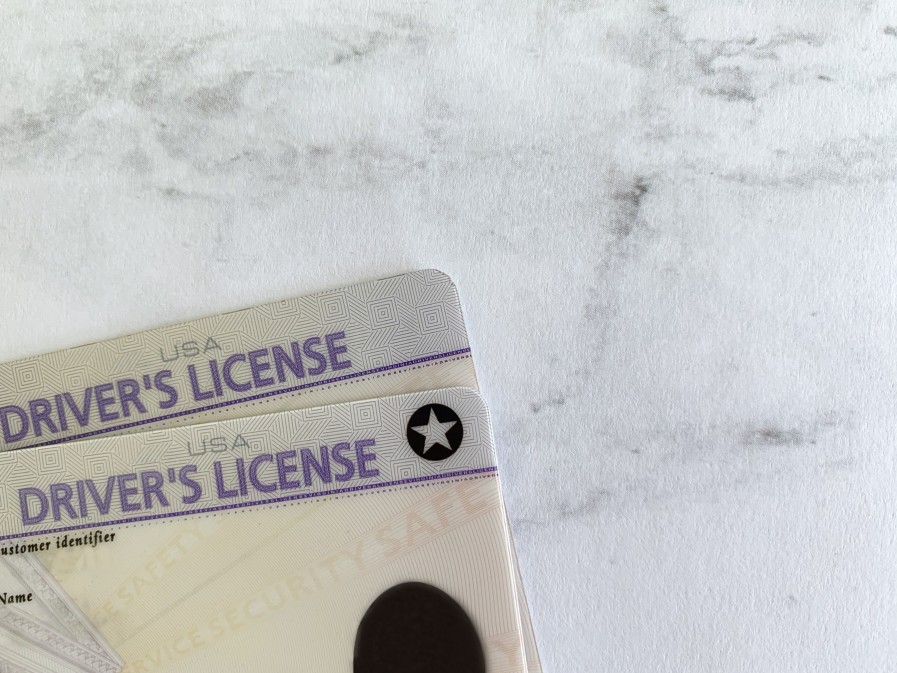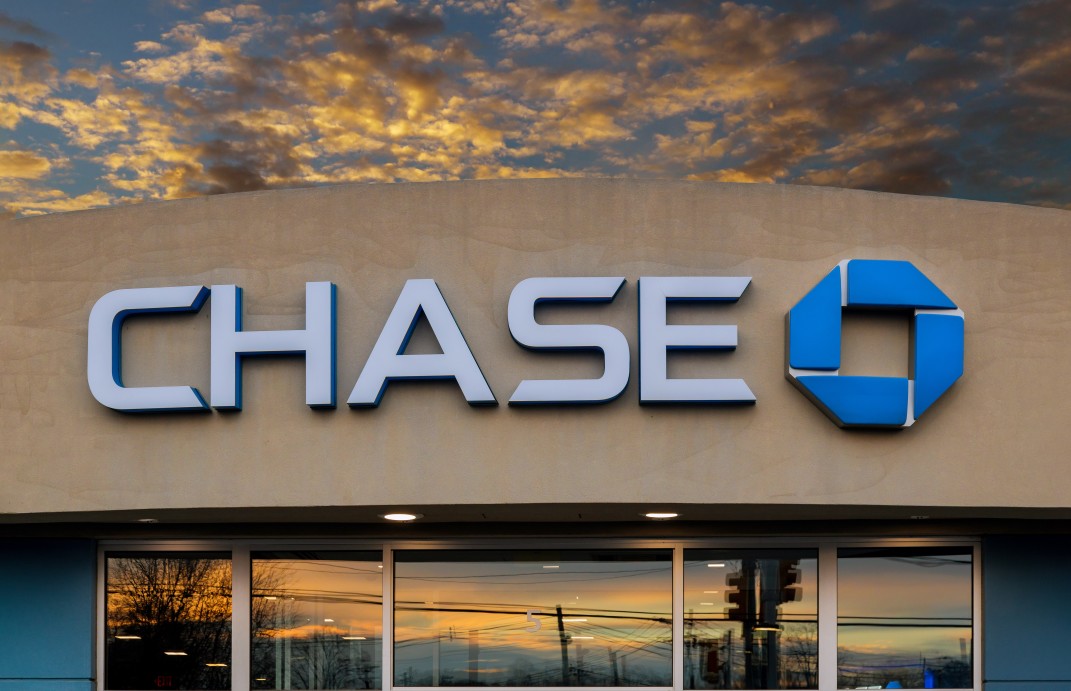It seems so simple: move to the Land of the Free and the Home of the Brave, start a business, and open a US bank account. Except, as it turns out, it’s not so simple at all. Despite the ease with which American citizens can open multiple accounts, foreigners have a different experience. What takes a minute for Americans can take weeks—even months, or years—and still never come to fruition. So we are asking the question:
Can a non-citizen open a bank account in the U.S.?
The short answer is “yes”. But it is difficult—and getting more difficult as time goes on.

Why is it so hard?
Opening a US bank account offers security and helps individuals build a stronger credit score. Similarly, having a bank account allows us to conduct business, get paid, and pay others. Unfortunately, restrictive algorithms mean we are unable to enjoy a seamless account setup on U.S. soil.
Firstly, foreigners, non-residents, expats and travelers can absolutely open a bank account in the U.S.—it’s just really complicated. Under the Civil Rights Act of 1964, traditional lending institutions can contract with non-resident persons. Banks—which operate as independent businesses or part of a corporate chain—are entitled to make their own decision on these matters. Since many banks believe that offering bank accounts to foreigners is a high-risk practice, they either don’t offer the service, or avoid it wherever possible.
Secondly, after 9/11 changed the international landscape forever, the Patriot Act set strict rules for foreigners opening bank accounts, or entering into financial transactions in the U.S. The regulations were set up to help stamp out money laundering, tax evasion, and the funding of terrorism. One of these regulations is the verification of our identity. Because many countries don’t offer our high level of ID verification, these countries are deemed unsafe.
Finally, U.S. laws require that all account holders have a U.S. postal address, or an ITIN number. With so much going on, it’s no wonder opening a bank account in the U.S. is almost impossible.
So who needs a U.S. bank account, anyway?
For starters, anybody who operates a business in the United States of America. Small to medium-sized businesses are already thriving, but may struggle to expand if they have to rely on international transfers. Any individual who offers a product or service—whether as a freelancer or as a larger corporation—can appeal more to a U.S. audience by using local payment methods, supported by ACH transfers.
International students are another part of the core demographic of people needing to have a U.S. bank account. To streamline tasks like family travel, homework, and socializing with friends, a locally based bank account can work wonders. Frequent visitors to the United States, tourists, and those on short-term work visas can all benefit from an American bank account.
Finally, online shoppers can benefit in a big way. Many online stores will only accept U.S. banking options. To avoid extra fees and breakdowns in the way currency is exchanged, a U.S. bank account could be the pivot-point in your online shopping experience.
Best US Banks for Non-Residents
Before we move onto taking a look at how to actually open a bank account in the United States of America as a non-resident, let’s dive into the best bank in USA for foreigners. Are you ready? Let’s get started!
Wells Fargo
You can usually rely on big, branded banks to give you an account as a non-citizen or resident. However, not all employees are aware that they can offer you one.
Many people who have contacted Wells Fargo and spoken to a customer service representative who has said “no sorry, we don’t offer accounts to non-residents,” give up on the effort. But this isn’t true. It shouldn’t put you off; the person you spoke to could have been new, not fully clued up on their bank’s policies, or just having a bad day. All you need to do is try again. Of course, you could always have a crack at it online. This will potentially be a lot quicker than trudging through countless call center operators.
Chase
Chase is another large bank in the United States of America. They offer a multitude of account options for non-residents. Thus, we couldn’t resist listing them as a great provider of US bank account for foreigners.
Bank of America
We have heard of people having a fair amount of problems with the Bank of America. However, in our knowledge that tends to be down to the employees certain people dealt with. Since the bank is so big, they see somewhat little risk in offering an American bank account for foreigners.
TD Bank
TD Bank seems to be the easiest, simplest option as a non-resident or citizen. All you need to supply is a passport and a mailing address within the US. Yes, that means you will need to have somewhere you can receive mail in America. Whether that be a friend, family member, or a third-party agency you employ as a registered agent for yourself, it doesn’t matter. But you do need one.
HSBC
Since HSBC is an international bank, regardless of where you are, you will be able to open an account. They have an entire page on their website dedicated to supporting you through the process of opening an overseas account. Here, they go over why you should choose them, setting up your account before you travel, and what documents you’ll need.
To help you out, we will give you an idea on the documents they suggest so you don’t have to flit back and forth between Google tabs:
- Identification (this could be a driver’s license, military card, student card, and more)
- Proof of address (whether you’re in the USA or not, they still want to know where you reside)
- Income proof (pay slips or invoices)
- Potentially other documents too (this depends on local law and regulation changes)
Do You Need a Social Security Number to Open a Bank Account?
To tell you the truth, it all depends on what bank you choose to go with. For some, you will definitely need a social security number but for others, you won’t. With that being said, it’s nicer to have the documents and not need them, rather than need them and not have them. However, as long as you prove who you are, you should not need a social security number to open a bank account as a non-resident.

How To Open A Bank Account In USA
There are several effective methods when it comes to opening a U.S. bank account. Each method has its benefits and drawbacks, which we’ll explore here.
1. Open US bank account online
This is by far the least efficient solution, as it involves a long processing time and doesn’t necessarily translate to success. If you don’t have sufficient ID, for example, your online application is likely to be declined.
Although each bank has its own set of qualifying conditions, one common factor to all is that you have an ITIN. The Individual Taxpayer Identification Number, in conjunction with other photo ID, will increase your chances of successfully opening a US bank account online.

2. Go to an international bank.
International banks—like HSBC and Barclays—have branches both in the U.S. and around the world.
Not in the States yet? Head to your local branch and submit an application to open a new account. By verifying your identification and data in your home country, you may smooth the path to creating a US bank account later.
Executives often use this method to open accounts in the United States prior to travelling there. It tends to be a successful option, although many believe visiting a U.S. bank in person is the best way to achieve our goal.

3. Travel to the US
The third—and most common—option for opening a US bank account is actually being there. It is easier than most methods, and virtually guaranteed to be approved at this stage. Certain banks can push through this application quickly, and painlessly, especially those like Wells Fargo and Citibank, who have a robust foreign policy.

What Are The Requirements To Open A US Bank Account?
Security measures across the United States are stringent. Some banks, no matter how progressive they seem, may even require a full background check in order to approve your account application.
You’ll need to come prepared, with:
- Two forms of photo ID. Your passport & driver’s licence should be effective.
- Immigration documents. These are used to establish the length of time you are likely to remain in the United States.
- Employer Identification Number (EIN). This number is assigned to each foreign business by the IRS.
- An initial deposit amount: A minimum deposit is required across most banks. The deposit amount might be $10, or it could reach as high as $100.
- A U.S. postal address. Not having a permanent address in the United States is likely to be your biggest problem. Banks insist—and rightly so—on you providing proof of residency and identity, in order to offer a stable guest environment.
How Can a Foreign Company Open a US Bank Account?
It isn’t very easy to open a US bank account as a foreign company. Sorry, but we needed to get started right away with the truth blow — we don’t want you to be disappointed by the time you realize it isn’t just going to fall into your lap. Yep, and it’s time consuming too. Hopefully, your business is big enough to have a financial team to sort all this out. Otherwise, you might be spending less time working on expanding your business, and more on opening an overseas bank account.
With all that in mind, let us just assure you that it is possible. And we’re going to show you how!
The most important thing you need to know is that your business needs to be registered in America. The USA’s banking laws are extremely strict so, even once you have registered in a state, you will have to go and prove who you are in person. Again, this is time consuming. Not to mention that it costs a fair amount of money (depending on where you are in the world).
Additionally, when you open an American bank account, you are signing up to be part of the United State’s tax system. You will have to deal with all of these fees and consequences as a result. This means that your company will have to file US tax returns every year to ensure you comply with their standards.
Why Would You Want a US Bank Account as a Foreign Company?
Usually, you will want your business to have a US bank account because it makes working with American clients a lot easier. This way, you won’t have to put up with currency exchange rates — and neither will your customers! Before you get too ahead of yourself, however, you must realize the implications of this account. When you eventually exchange your US dollars into your local currency, you will pay an exchange fee which may or may not set you back a few hundred coins. And, as we mentioned earlier, the tax consequences you will face if you don’t submit American tax returns properly.

The Bottom Line
The laws that govern bank accounts for foreigners are federal, although they are applied locally. Be sure to check the various document requirements and processes, and try to stay patient as you work to secure your US bank account. After all, no one said opening a US bank account for non-residents was easy, did they?
But don’t worry, we promise that we can help you in some way, shape, or form!
While we can’t offer a solution to every piece of the bank account puzzle, we can help you secure a virtual street address. You’ll gain a street address and virtual mailbox immediately, and any mail will be sorted to a secure mail facility where highly-trained handlers will scan and upload each of your letters onto your dashboard.







